The answer lies in reorienting journalism education, ensuring that journalists can both uphold the core values of the profession and take full advantage of technology.

Problems arising from practice
According to statistics from the Ministry of Information and Communications in 2024, more than 77% of Vietnam's population uses the internet, with more than 70 million social media users. This shows that information is no longer the "privilege" of traditional press but is spread at a dizzying speed through digital platforms. However, this development also brings with it great challenges.
A study in Columbia Journalism Review found that artificial intelligence (AI) is reshaping journalism by assisting with tasks like data analysis and optimizing news distribution, but it is also creating inequalities between large and small news organizations, especially as local and Global South news organizations lag behind in adopting the technology.
Additionally, the rise of misinformation and “echo chambers” due to over-personalization of content has affected community values, as analyzed in a study on Frontiers.
In Vietnam, press agencies such as VnExpress, Tuoi Tre... have begun applying AI in content management and interacting with readers. However, many journalists are still not fully equipped with the skills to work in a digital environment.
In the digital age, journalism education in Vietnam is facing many limitations. A study shows that since 2018, research on AI in journalism has increased sharply, but the issues of educating and training journalists to adapt to AI have not been fully discussed.
Specifically, there are still some problems as follows: Training programs have not kept up with technology trends, many programs still focus on traditional skills such as writing news, articles, and interviews, but do not pay attention to digital skills such as using AI, analyzing data, or producing multimedia content. Students often learn more theory than practice, for example, very few schools train skills in using AI tools to analyze data or optimize SEO for articles. Digital transformation thinking is still limited, many students graduate without the ability to adapt to the digital environment, do not know how to take advantage of social networks to reach readers or deal with fake news.
In addition, some young journalists lack soft skills and professional ethics in the digital environment, chasing after the trend of “getting views” and “getting likes” while forgetting their social responsibilities. These limitations show that there needs to be a comprehensive change in journalism training, so that Vietnamese journalists can not only keep up with but also pioneer in the digital age.
To meet the demands of the digital age, journalism education needs to be reoriented comprehensively. First, training institutions need to integrate digital technology -related subjects into their curricula.
A study in Frontiers highlights that journalists of the future need to become “specialists,” combining traditional skills with technological prowess. This requires journalism students to be equipped with skills such as using AI to support their work, such as data analysis, automated news writing, or personalizing content.
For example, at The Washington Post, AI is already being used to write short stories or analyze election data. Additionally, journalists need to be trained to work with big data, using tools like Excel, Tableau, or Google Data Studio to analyze and visualize information, thereby uncovering the stories behind the numbers.
In the digital age, readers not only read newspapers but also watch videos, listen to Podcasts, or interact through graphics, so journalism students need to learn how to shoot videos, design graphics, and produce Podcasts.
Another important skill is optimizing content for digital platforms, which includes understanding SEO (Search Engine Optimization), how to write compelling headlines, and how to use social media to spread information.
In addition to updating the curriculum, schools need to increase the amount of practice time, giving students access to newsrooms, technology companies, or real-world projects. A study on Science Direct suggests that AI can support high-quality journalism, but a combination of technology and practice is needed to ensure effectiveness.
Accordingly, students can intern at major press agencies, where they are exposed to tools and processes for digital content production, or participate in projects such as building a website, producing video reports, or analyzing data on a number of social issues. Inviting experts from the fields of technology, AI, or digital media to teach is also a way for students to access practical experiences, helping them better understand how to apply technology to work.
Skilled, morally strong
Digital transformation is not only a matter of technology but also a matter of awareness, so journalists need to be trained to have an open mind and be ready to adapt to change. Innovative thinking is essential to find new perspectives and create unique content to attract readers in a fiercely competitive environment.
At the same time, critical thinking is also very important, especially when misinformation is rampant on social media, journalists need to know how to analyze, verify information and make objective judgments, as emphasized in research on the impact of AI on information disorder. Moreover, journalists need to have a global mindset, understand international press trends, and learn how major press agencies such as BBC, CNN apply technology to innovate.
In the digital age, journalists need to not only maintain their traditional skills but also develop new skills to meet the demands of the digital environment. First and foremost, journalists need to be proficient in technology and digital skills, because they cannot work effectively without modern tools. A study shows that AI has accelerated the automation of content, giving journalists more time to focus on core tasks such as storytelling and investigation.
Accordingly, journalists need to know how to use AI to support their work, from searching for information, analyzing data, to optimizing content. Journalists also need to know how to shoot videos, edit audio, and design graphics to create engaging multimedia content on digital platforms, and use data to find stories behind the numbers, such as analyzing data on climate change or epidemics.
Next, journalists need to practice creative and critical thinking, because in the digital age, they are not only reporters but also storytellers. Creative thinking helps journalists find new perspectives, while critical thinking helps them verify information and produce valuable articles. In the digital environment, journalists also need to build their personal brand to increase their influence and connect with readers. This includes creating professional profiles on social networks such as LinkedIn, Twitter, or TikTok to share articles, opinions, and build a community of loyal readers.
Another important element is a lifelong learning mindset, as technology changes every day, and journalists need to continually learn to stay current. This could include taking online courses on AI, data journalism, or attending seminars.
Ultimately, no matter how much technology advances, professional ethics remain the guiding principle for journalists. Journalists must always put the public interest first, avoiding personal gain or negative trends on social media. In the digital age, journalists need to be more transparent, honest, and responsible with each article, ensuring that technology is used to enhance the value of journalism, not to undermine public trust.
Source: https://hanoimoi.vn/dao-tao-bao-chi-oi-moi-de-dap-ung-yeu-cau-cua-ky-nguyen-moi-705807.html




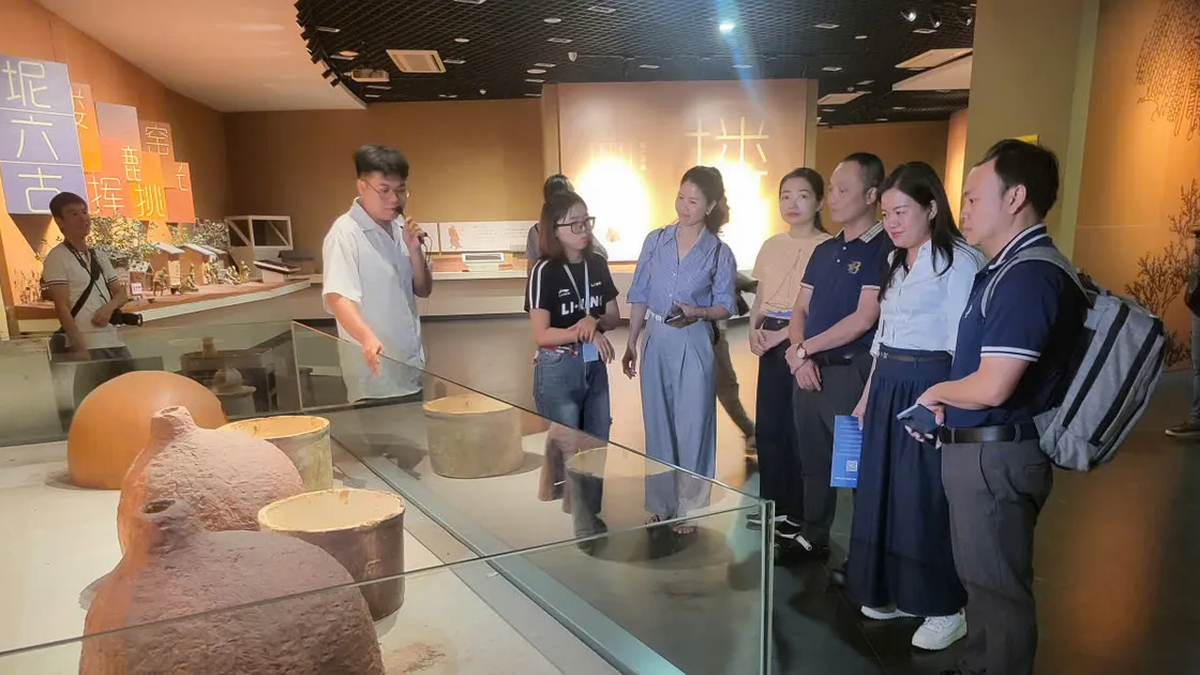





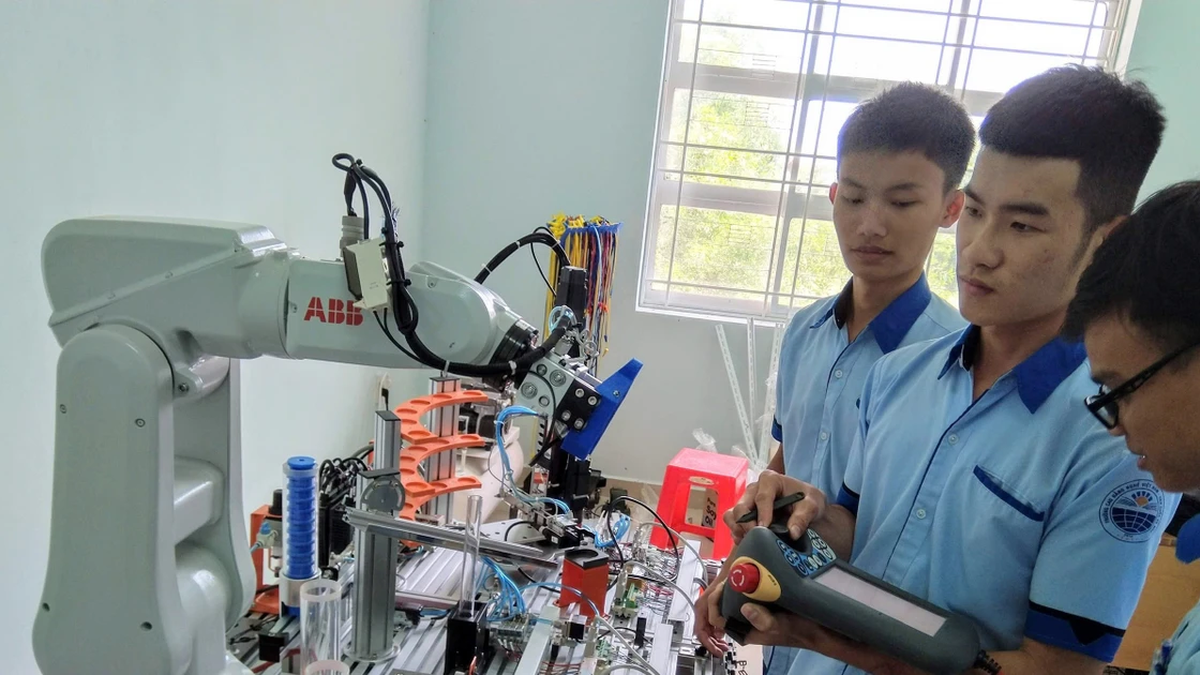












![[Photo] Nghe An: Provincial Road 543D seriously eroded due to floods](https://vphoto.vietnam.vn/thumb/1200x675/vietnam/resource/IMAGE/2025/8/5/5759d3837c26428799f6d929fa274493)




![[Photo] Discover the "wonder" under the sea of Gia Lai](https://vphoto.vietnam.vn/thumb/1200x675/vietnam/resource/IMAGE/2025/8/6/befd4a58bb1245419e86ebe353525f97)



























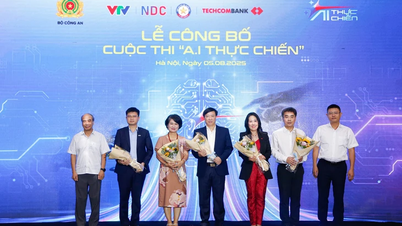
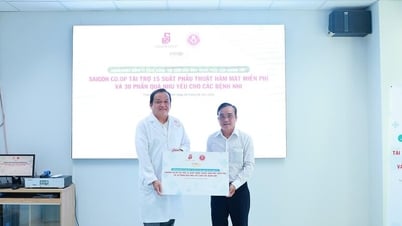





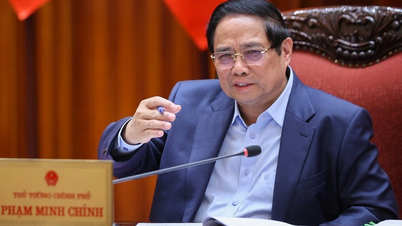

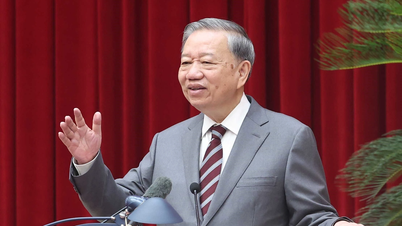
































Comment (0)